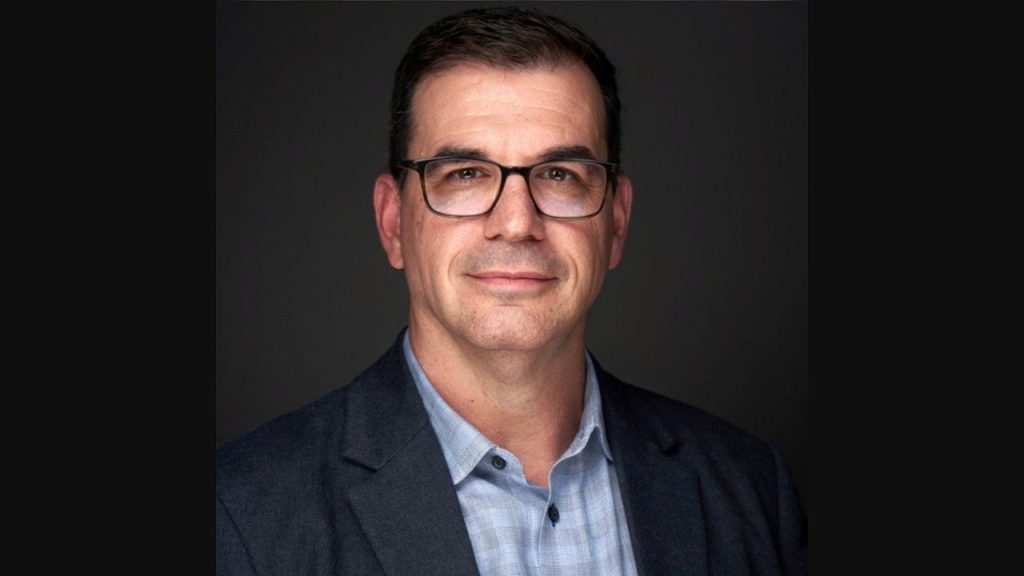
BiomEdit, an animal health biotechnology company based in Greenfield, Indiana, is being awarded nearly $2 million from the Bezos Earth Fund’s AI for Climate and Nature Grand Challenge to further develop an AI tool called the Rumen Digital Twin, which is designed to develop new ways to reduce methane emissions in cattle while boosting animal productivity.
The goal of the project is to replace lengthy and expensive animal trials with AI-powered simulations that can identify the precise conditions and animal traits where specific feed additives or interventions will be most effective, BiomEdit said in a press release announcing the award.
“This project reflects the power of the microbiome and the use of AI to reduce methane and improve productivity in livestock,” said Aaron Schacht, CEO of BiomEdit. “With the generous support of the Bezos Earth Fund and in collaboration with Bioversity and Yale, we aim to develop a better understanding of targeted interventions and share that knowledge to positively affect both climate impact and animal well-being.”
Expected outcomes of the project include an open-access, cloud-based platform where users can generate and explore virtual ruminant populations, simulate interventions and fine-tune strategies for methane mitigation and productivity. The platform and model will be made available to research and non-profit organizations globally at no cost, with licensing pathways for commercial developers.
The Rumen Digital Twin builds on BiomEdit’s first methane-reduction initiative: a $4.5 million grant from the Gates Foundation awarded in 2023. That program focuses on microbiome-based feed additives to reduce methane in cattle across Africa and South Asia while improving feed efficiency and food security for small-scale producers. Together, the two initiatives reflect BiomEdit’s growing leadership in developing sustainable, microbiome-based climate solutions for agriculture.
Source: BiomEdit
CLICK BELOW to watch BiomEdit CEO Aaron Schacht on the Agbioscience Podcast, as he talks more about his company and how they’re using AI to advance livestock innovation:



